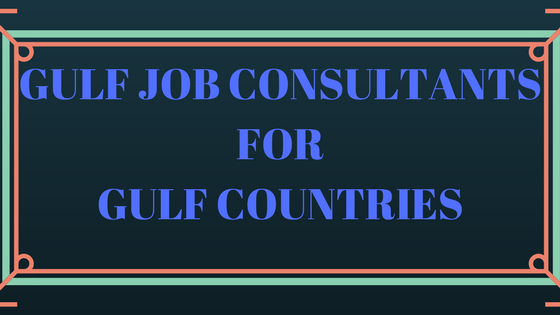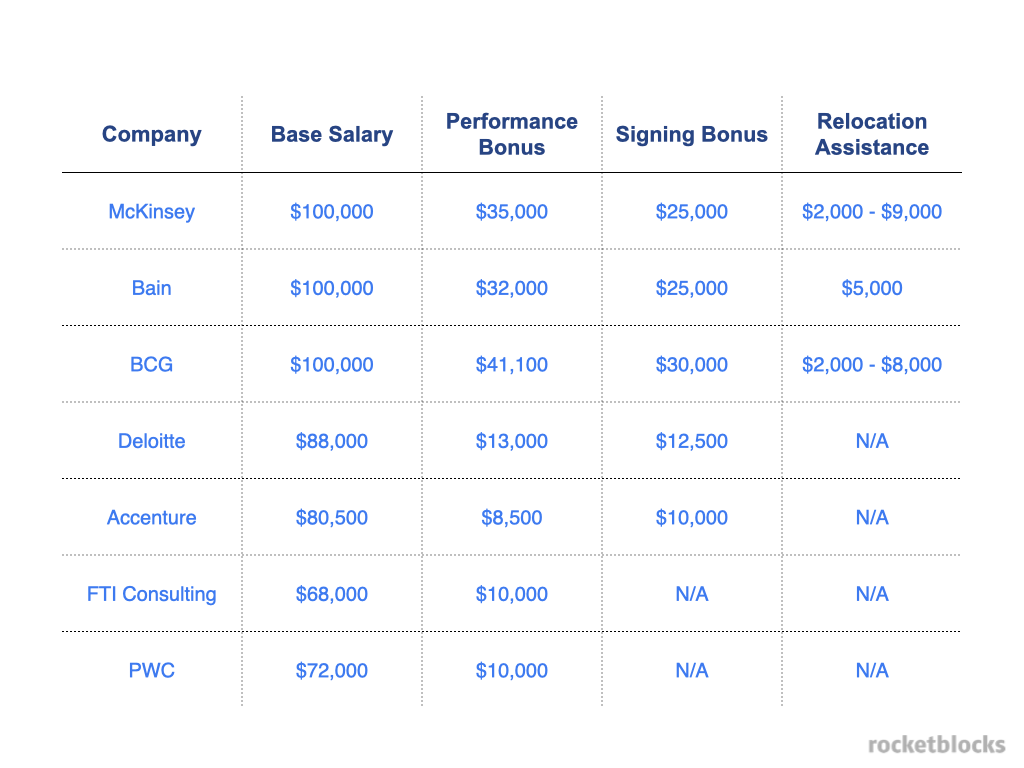
You might consider becoming a consultant in higher education if you are passionate about higher education. What are the benefits to being a consultant What are the skills required to be successful in this role? How do you become a successful higher educational consultant? These are some ideas. Check out the salary range for the job.
Benefits of working closely with a higher education consultant
Higher education consultants can be a huge help to an institution. They can make the whole process more simple, which makes it easier for students and their families to be accepted. It can be difficult to find the right one. These are some ways to find a qualified consultant. A great consultant will have the experience and resources to help you.
First, ensure that you choose an educational advisor who is a member or a former member of a professional organization. These consultants are dedicated to offering quality service to students. They will first take the time and get to know you, your academic background, and your personal values. A consultant should be supportive of student goals.

Private or independent higher education consultants are available. In order to develop educational products, educational consultants often work with private organisations.
Skills required
An education consultant should possess strong analytical skills and have a strong sense of curiosity. He must also be able to problem-solve and plan. He must be able to identify creative solutions to problems. He should have worked with students and teachers. He should have a background in higher education.
A higher education consultant advises institutions on matters affecting higher education. He can offer advice on topics including student success, diversity enrollment management campus planning and strategic plan. Additionally, he/she will help schools develop their leadership. Higher education consultants should be knowledgeable in a range of educational topics and be able communicate effectively.
Education sector is in constant change and evolution, which poses new challenges for students and families as well as academic institutions. Educational institutions are increasingly competitive because they have to compete with more affordable tuition, lower enrollment rates, as well as a globalized economy. This has led to a greater demand for qualified education consultants.

Salary range
The salary range for a higher education consultant varies widely. The average salary for an education consultant ranges from $52,801 to $69,316, and the highest-paid consultants can earn more than $95,000 a year. Based on years of experience and where you work, your salary will vary.
Education consultants should have at minimum a master's in education. Many have completed doctoral studies in this area. A thesis or dissertation can provide a solid foundation for a consulting career. These papers often present original research or ideas to a doctoral board. This reputation is vital for any consultant in education.
Educational consulting is a rewarding and challenging career option. It's a field that offers a variety of niches and plenty of scope for newcomers. There are many options for education consultants to open their own consulting firms and reap the benefits of being independent. This will allow you to control your time, your clients, as well as your compensation.
FAQ
What should I expect from my consultant
You should hear back from your chosen consultant within a few days. They will often ask about your company's mission, goals and products. Next, they'll provide a proposal describing the scope and estimated time frame, fees, deliverables or milestones, as well as an estimate of costs.
If all goes according to plan, the two sides will sign a written deal. The type relationship between the two sides (e.g. employee-employer or independent contractor-employer) will dictate the terms of the contract.
If all goes according to plan, the consultant will begin working immediately. He/she will have immediate access to your internal documents, resources, and you'll be able to access his/her skillset and knowledge.
Don't think that consultants are experts. It takes effort and practice to become an expert in whatever field you consult. So, don't expect your consultant to know everything about your business.
What type of jobs can a consultant do?
You will need to be able to understand business strategy and operations if you want to work as a consultant. Understanding how businesses work and their place in society is also essential.
Being a consultant requires great communication skills and the ability think critically.
Consultants must be adaptable because they may be asked to do different tasks at different times. They should be flexible enough to change direction quickly if needed.
They should be willing to travel extensively on behalf of their clients. This type work can take them anywhere in the world.
They must also be able handle stress and pressure well. Sometimes consultants are required to meet tight deadlines.
As a consultant, you may be expected to work long hours. You might not always be paid overtime.
How do you choose a consultant to help me?
There are three main things to keep in mind:
-
Experience - How many years of experience is this consultant? Is she a beginner, intermediate, advanced, expert, or something else? Does her resume reflect the knowledge and skills she has?
-
Education - What did he/she learn in school? Did he/she go on to further education after graduation? Were there any evidences of this learning in his/her writing?
-
Personality - How do we feel about this person? Would we want him/her to work for us?
-
These questions are used to determine if the candidate is right for us. If the answers are not clear, it may be worthwhile to interview the candidate in person to get more information about them.
Are consulting incomes subject to tax?
Yes, tax will be payable on any consultancy profits. The amount of your earnings per year will determine the tax payable.
If you are self-employed, expenses can be claimed on top of your salary. These expenses include rent, childcare and food.
But you won't be able to deduct interest payments on loans, vehicle depreciation, or the cost of equipment.
If your annual income is less than PS10,000, you can only claim 25% back.
You might be taxed even if you make more than the threshold depending on whether your income is contractor or employee.
Employees are generally taxed through PAYE (pay as you earn) and contractors through VAT.
Statistics
- According to IBISWorld, revenues in the consulting industry will exceed $261 billion in 2020. (nerdwallet.com)
- My 10 years of experience and 6-step program have helped over 20 clients boost their sales by an average of 33% in 6 months. (consultingsuccess.com)
- 67% of consultants start their consulting businesses after quitting their jobs, while 33% start while they're still at their jobs. (consultingsuccess.com)
- On average, your program increases the sales team's performance by 33%. (consultingsuccess.com)
- Over 50% of consultants get their first consulting client through a referral from their network. (consultingsuccess.com)
External Links
How To
What's a typical day like for a Consultant?
The type of work that you are doing will affect the typical day. You will be spending time researching, planning new ideas, meeting with clients, and creating reports.
You will have many meetings where clients and you can discuss their issues. These meetings can take place over the phone, via email, online, or face to face.
Also, proposals are documents that outline your ideas or plans for clients. You will need to discuss these proposals with a mentor or colleague before you present them to clients.
After all the planning and preparation you will have to put your efforts into creating some content. This could include writing articles, designing websites or editing photos.
Depending on the scope of the project, you may need to do some research in order to gather relevant statistics or figures. For instance, you might want to find out how many people you have and if they are buying more than just one product or service.
Once you have all the information needed, it is time for clients to see your findings. You can present your findings verbally or in writing.
Finally, you must follow up with clients after the initial consultation. For example, you might call them periodically to see how things are going or send emails asking them to confirm that they received your proposal.
Although it takes time, this process is worth it. It's also important to keep your eyes on the prize and maintain good relations with clients.